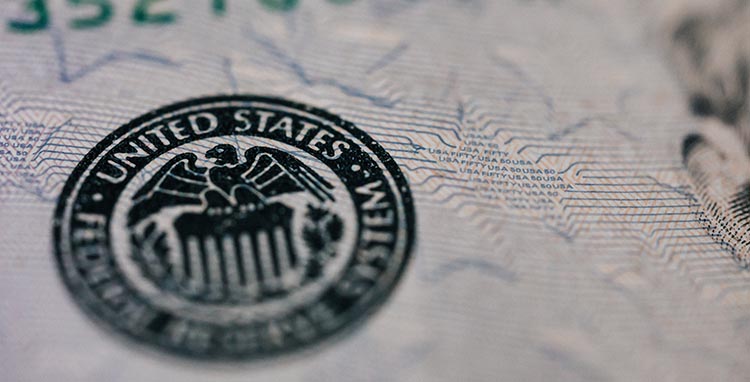 The US Securities and Exchange Commission is sending out requests for information to NFT investors, exchanges, and firms. The move is yet another signal that the nation’s finance watchdog doesn’t quite know what to do with the $2.5 trillion crypto market.
The US Securities and Exchange Commission is sending out requests for information to NFT investors, exchanges, and firms. The move is yet another signal that the nation’s finance watchdog doesn’t quite know what to do with the $2.5 trillion crypto market.
What we now know, however, is that chairperson Gary Gensler’s scope is aimed at the industry. What does that mean, exactly? Let’s unpack the situation and look at it through a pair of legal lenses.
What Is the SEC?
The stock market crash of 1929 gave way to the US Securities and Exchange Commission (SEC).
An independent federal government agency, the commission is responsible for protecting investors — and by extension, the market — via regulatory enforcement.
Since its inception, the SEC has developed a reputation for sporadic actions. Insiders and former employees blame the problem on a lack of resources afforded the agency, and there’s truth in that. Regardless, the inconsistency creates a legal quagmire.
SEC Has Turned It’s Radar Toward NFTs
In recent weeks, the enforcement division of the SEC started sending out requests for information to individual NFT investors, creators, exchanges, and businesses that are developing products in the sector. The agency seems most concerned with NFTs being used to raise money for projects — which we’ll explore more in a moment.
Is getting a letter from the SEC about NFT holdings a big deal? On the one hand, yes, you should immediately contact an NFT lawyer. On the other hand, don’t have a heart attack. Requests for information don’t always lead to enforcement actions. If you enlist an attorney with crypto experience — sooner rather than later — you’ll be in a better position to legally defend yourself.
The SEC’s Concern: Are NFTs Financial Security Products?
Currently, the SEC appears preoccupied with the question as to whether NFTs are securities, and if so, are they subject to the same rules as stocks? Stated differently, the agency is exploring whether certain types of non-fungible tokens are “being utilized to raise money like traditional securities.”
To this end, the current operation seems focused on fractional NFTs that can be broken down and the pieces bought and traded on the market.
What Is Hester “Crypto Mom” Peirce Saying?
Hester Peirce — the SEC’s most pro-crypto commissioner, which earned her the moniker “Crypto Mom” — cautioned the industry about this upcoming dragnet months ago when she said: “Given the breadth of the NFT landscape, certain pieces of it might fall within our jurisdiction. People need to be thinking about potential places where NFTs might run into the securities regulatory regime.”
She’s also repeatedly warned firms against “accidentally creating” investment products.
That said, Peirce, and a few others at the commission, believe the rules for what constitutes a security need to change because the current standards don’t hold up well in the digital age. As such, we could be on the precipice of an inflection point, and which way the commission goes could make or break the industry.
Are NFTs Securities?
Are NFTs securities? It depends.
To determine if a particular NFT offering qualifies as a security, apply the Howey Test. Developed in 1946 by the US Supreme Court, it defines the parameters of a security as:
- An investment of money
- In a common enterprise
- Where a reasonable expectation of profits
- Is derived from the efforts of others
Reams of legal precedence are dedicated to the Howey Test and how it’s applied. Consulting with an NFT attorney to see if your products fall within the currently drawn lines is wise. Because if the SEC determines that your business model creates qualified securities, you could face crushing fines.
The Kelly Law Firm focuses on all things related to the cryptocurrency business market. Got questions? Get in touch.





